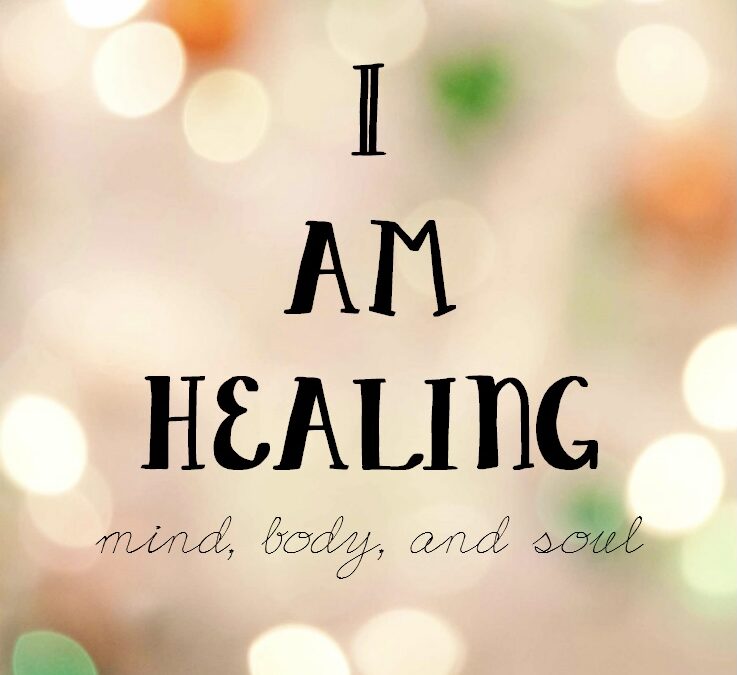I recently reviewed Dr. Bessel Van Der Kolk’s bestselling book, The Body Keeps the Score: Brain, Mind, and Body in the Healing of Trauma, and found myself connecting his words to our EricsHouse clients. Although grief is very personal and everyone experiences it in a unique way, many of our clients carry the scars of trauma from a sudden loss that can result in complicated grief. Left unchecked or unprocessed, all painful memories are stored in the body in a very physical way. These can lead to illness in the form of heart problems, sleep issues, increased inflammation, and reduced immune system functioning. It is important to process our painful memories in order to prevent them from leaving negative impacts on our body, mind, and soul. According to Dr. Van Der Kolk, the key is to re-establish balance between the rational brain and the emotional brain so we can take charge of our lives.
We need to create a plan to regain control of our body while we remember our painful events without becoming overwhelmed. Our first task is to find a way to become calm and focused and then practice that response in order to maintain it for longer periods of time. Painful memories intrude at inopportune times, so it is important to make a plan for them in advance.
Finding a comfortable chair or small room that we can retreat to when we are at home or in the office is an important first step. Second, we must learn how to calm our body while under stress using breathing techniques, chanting, rhythmic movements, or self-soothing practices. For example, I may decide that when my painful memories intrude, I will retreat to a particular room or chair and focus my attention to taking big, expansive breaths in and releasing those breaths out very slowly while thinking, “breathing in light and love; breathing out fear and anxiety.” As I practice this breathing technique, I will notice my mind calming, my heart slowing, and my muscles relaxing. I am training myself to replace the trauma imprint on my body with a calm, focused and balanced imprint.
Another suggestion from Dr. Van Der Kolk is to find ways to be fully alive in the present moment in order to anchor our body and manage our emotions. Mindfulness techniques and yoga can help strengthen our rational brain while tai chi, Reiki, and massage can help strengthen our emotional brain. Since balancing our two brains is important, we should plan to attend activities that will address both. I may decide to join a weekly yoga class and on alternative weeks schedule a relaxing massage or Reiki session. With a plan set in place, I will be much more likely to regularly practice techniques that will help balance my rational and emotional brains.
The painful events that happen in our lives will always be a very important part of the making of who we are, but we can change the imprint that they have on our physical bodies by using the techniques to become calm and focused while we experience our memories rather than allowing ourselves to feel traumatized, high anxiety, and overwhelming stress. When we practice this, we regain control over our body and improve our immune function, decrease inflammation, and increase our overall health.



Recent Comments